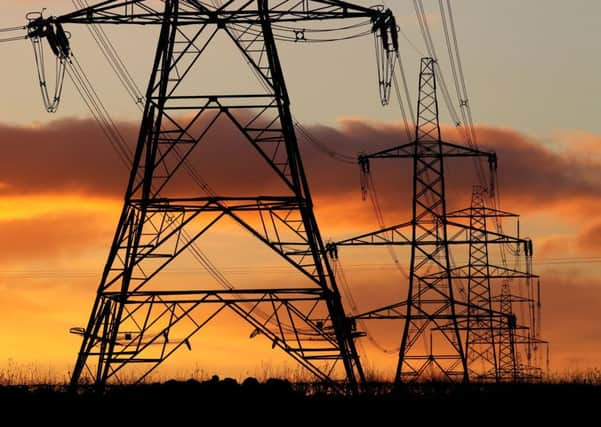Q&A: How can we keep the lights on this winter?


• What are the issues?
The closure of a number of power plants has led to a fall of power in the system since last year. The reduction means that spare capacity would have fallen to just 1.2% for the coming winter, the lowest margin for 10 years.
Cordi O’Hara, National Grid’s director of market operation, said the power station closures had left electricity margins for the “coldest, darkest half hour of winter” tighter than they have been.
Advertisement
Hide AdAdvertisement
Hide Ad• What is being done about it?
National Grid has put in place a series of contingency plans to boost secure extra power supply and boost spare capacity.
It has paid companies like SSE and Centrica to put several mothballed power plants on standby, and is also paying firms such as Tata Steel to be prepared to power down if needed.
• What impact have the contingency measures had?
The move has allowed National Grid to secure 2.56GW of power, which will boost the spare capacity to 5.1% for the winter. Last year’s capacity margin was 4.1% without additional provisions, which raised the breathing space to 6.1%.
But the plans come at a cost of around £36 million, which will add 50p to a typical household energy bill.